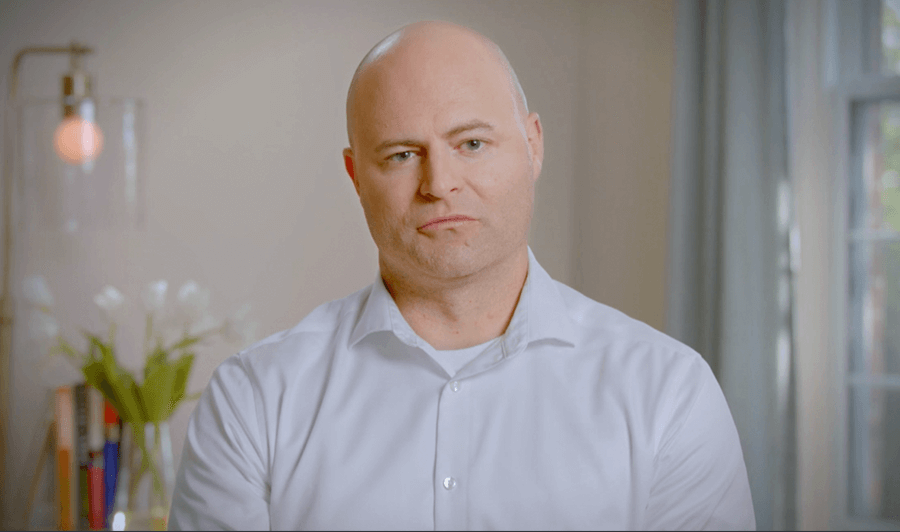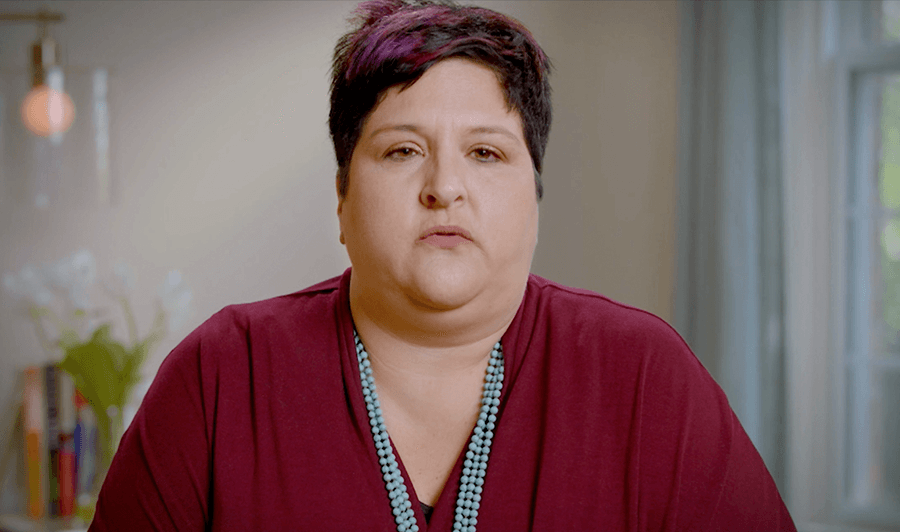While relatively rare, brain injuries have the potential to completely restructure or change someone’s way of life and the quality of life they experience. Everyone wants to avoid major head injuries, but unfortunately, accidents sometimes happen.
However, if the accident happens because of someone else’s fault, the road doesn’t have to end there. RSH Legal has a team of experts who have helped individuals and families across Iowa recover millions of dollars for wrongful injuries. If you or a family member has been injured, we want to help you.
Can I Still Sue if My Brain Injury Accident in Des Moines Was Partially My Fault?
Personal injury law in Des Moines can feel like an intimidating labyrinth. One question often stumbles upon our desk: “Can I still pursue a lawsuit if I share some blame for the accident that led to my brain injury?” The answer, courtesy of the principles known as comparative fault, is resoundingly affirmative.
Comparative fault is the legal cornerstone that accepts the possibility of shared fault in an accident. Your share of responsibility could affect your potential compensation, adding another layer of complexity to your case. Given these intricate aspects, it’s crucial to understand how these principles function in different jurisdictions.
Compensation’s correlation with comparative fault is significant. What this means is that if you’re deemed partially responsible, the amount you receive in a settlement or verdict could be reduced in alignment with how much you’re found at fault. Picture this: if you’re assigned 20% of the blame, and your damages total $100,000, you would receive $80,000—a 20% deduction reflecting your share of fault.
States across the U.S. have different stances on comparative fault. Some adhere to a “pure” comparative fault rule, allowing you to recover damages irrespective of your level of blame. In contrast, others enforce a “modified” rule, setting a cap on your fault percentage to qualify for recovery. Thus, your state’s specific laws can be crucial in shaping your case.
This is where the role of a Des Moines brain injury lawyer becomes indispensable. A lawyer well-versed in brain injury cases can decipher your state’s laws, tactfully negotiate with insurance companies, and represent you in court. The counsel of a legal professional can make a significant difference when comparative fault factors into your case.
So, if you’re partially to blame for the accident resulting in your brain injury, remember you can still seek justice and compensation. The labyrinth of personal injury law and the variability of state-specific rules underscore the importance of professional legal advice. Our firm, with our robust experience in brain injury litigation, can help fight for fairness for you.
How Long Do I Have to File a Brain Injury Lawsuit in Des Moines?
Timing is crucial in all Des Moines legal matters, and brain injury lawsuits are no exception. The concept of a “statute of limitations” plays a critical role here. The statute of limitations is a law that sets the maximum period one can wait before filing a lawsuit, depending on the type of case. This principle is crucial in the realm of personal injury lawsuits, including brain injury cases.
Typically, the statute of limitations for brain injury lawsuits begins when the injury occurs or is discovered. The usual timeframe is within one to two years, but this can vary significantly based on the jurisdiction and specific circumstances of the injury. The general rule in Iowa is that the case must be filed within two years of the accident.
However, there are exceptions to this rule. Certain conditions can extend or shorten the timeframe. For example, if the injured person is a minor or mentally incapacitated, the clock may not start until they reach the age of majority or regain capacity.
The statute of limitations can vary by state
This makes it vital for you to be aware of the law specific to your location. While some states may offer a generous timeframe, others are more restrictive. Not having knowledge of these variations can be costly.
This is where a brain injury attorney can provide invaluable assistance. An attorney with specialized knowledge in brain injury cases can help you understand the relevant statute of limitations, ensuring that you don’t miss your opportunity to seek justice.
In conclusion, the time-sensitive nature of filing a brain injury lawsuit cannot be overstated. If you or a loved one has suffered a brain injury, seeking prompt legal advice is crucial. Our firm stands ready to guide you through this process and help you navigate the specifics of your situation.
10 Things You Should Do When Filing a Brain Injury Lawsuit in Des Moines
When it comes to filing a Des Moines brain injury lawsuit, specific actions can significantly impact your case’s success. Here are ten critical steps to consider:
1. Seek Immediate Medical Attention:
Your health is paramount. Besides ensuring you receive proper care, medical records serve as concrete evidence of your injuries and are instrumental in building your case.
2. Report the Accident:
Make sure you report the incident to the relevant authorities, workplace, or insurance companies. These official reports can serve as essential evidence in your lawsuit.
3. Document the Incident and Your Injuries:
Keep a thorough record of the incident and your subsequent health problems. Photos, journals, and witness statements can provide a full account of your experience and bolster your case.
4. Contact a Brain Injury Attorney:
Specialized legal advice is invaluable in a brain injury lawsuit. An attorney can guide you through the intricate labyrinth of litigation, helping you navigate its complexities and enhancing your chance of success.
5. Preserve Evidence:
Any physical evidence and digital data related to your case should be preserved. This evidence can substantiate your claim, making it more compelling.
6. Do Not Discuss the Incident Publicly:
Be cautious about discussing your case on social media or with insurance companies. These conversations could be used against you.
7. Cooperate with Your Lawyer:
Honest and transparent communication with your lawyer is essential. Your cooperation enables them to build a stronger case on your behalf.
8. Attend All Medical Appointments:
It’s crucial to adhere to your treatment plan and attend all medical appointments. Consistent medical records underscore the severity of your condition, strengthening your claim.
9. Keep a Personal Diary:
Maintain a diary for your legal team detailing your symptoms, treatments, and their impact on your daily life. This personal record can humanize your experience, making your case more relatable to the court.
10. Be Patient and Prepared for Trial:
Understand that legal proceedings can be lengthy and be mentally prepared for the possibility of going to trial.
In conclusion, while not exhaustive, these ten steps are vital when filing a brain injury lawsuit. Our firm is committed to guiding clients through this process, ensuring you stand the best chance at receiving the justice you deserve.
RSH Legal, a Law Firm Located in Des Moines, Handles Brain Injury Cases Across Iowa
If you’ve experienced a brain injury that was not your fault, we want to help you get the justice you deserve. We have decades of experience helping people get financial justice for their brain injuries. A call to us today is FREE. It won’t commit you to anything. If we take your case, you still won’t pay anything unless we win. There’s no cost to you and no reason not to call if you’ve had a traumatic brain injury. Call us today at 319-409-6575.

Tim Semelroth
Board-Certified Trial Attorney

Pressley Henningsen
AV-Rated Trial Attorney
A car came through the median and we were hit head on. Every bone in my body from my lower jaw down to the bottom of my feet was broken. My medical bills were in the hundreds of thousands of dollars. I can’t imagine going through something like this without someone like Tim or RSH Legal.
See more Client ReviewsClient Reviews









